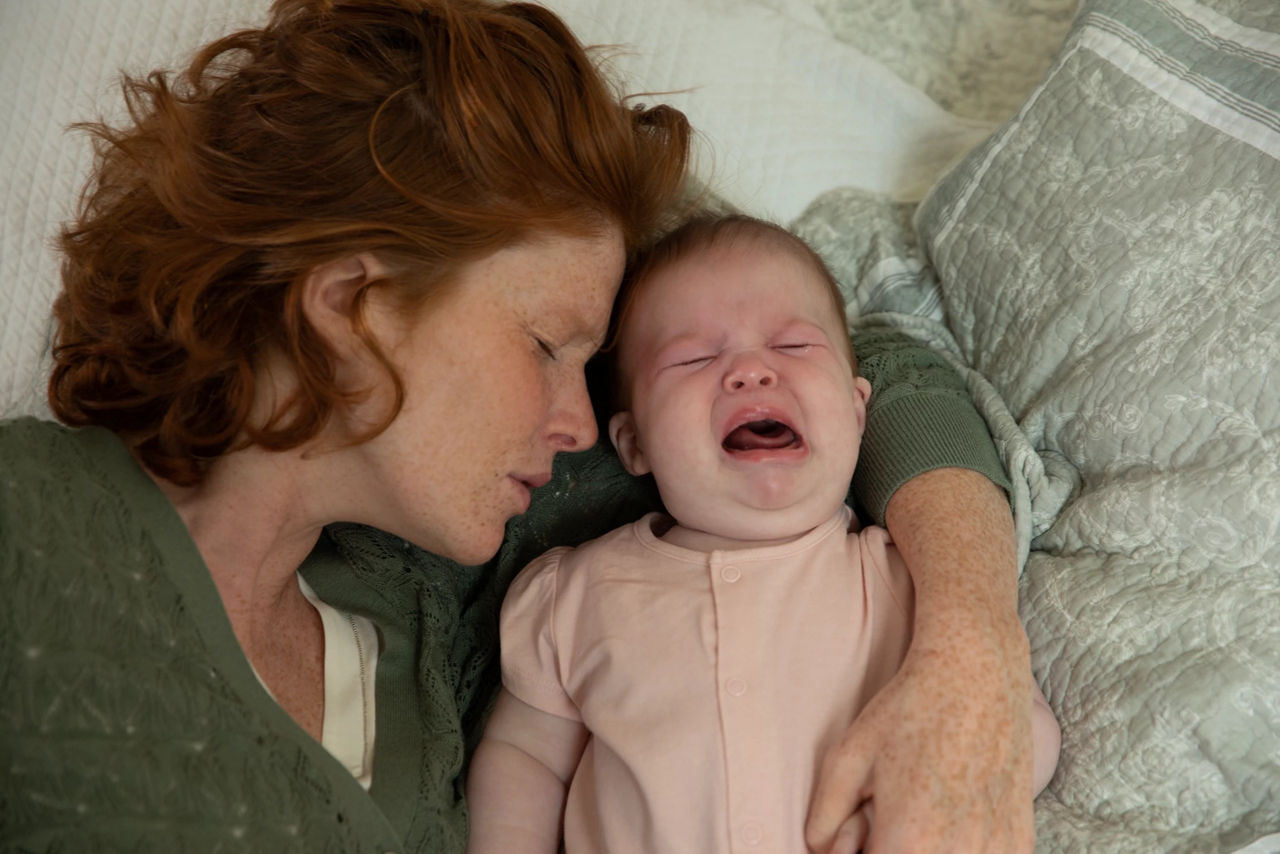It is important to wind your baby after a feed or they may feel restless and uncomfortable. From over the shoulder to lying across your lap, there are several positions for winding your baby that you can try – one of which should work for you both.
Winding is an important part of feeding your baby, as they are not always able to burp without help. Trapped air in their stomach can cause discomfort, so knowing a few winding techniques to release it can be very helpful1.





